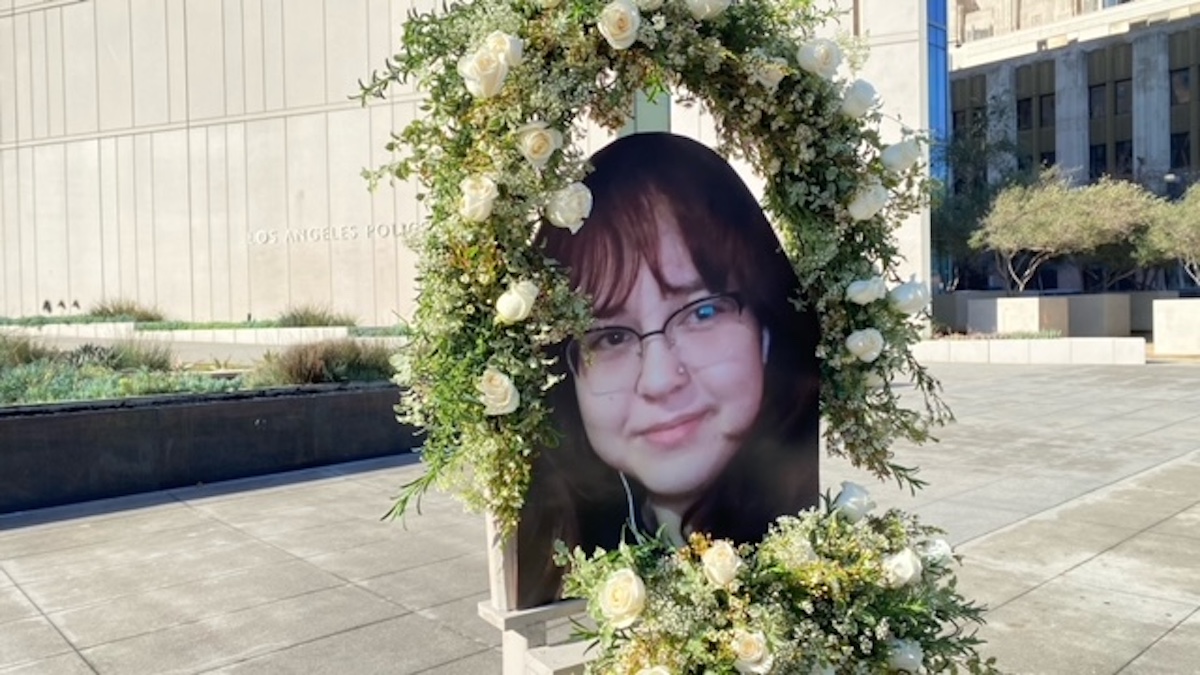A trip to the emergency room for any reason – a heart attack, stitches, a broken bone – can be frustrating, stressful or downright frightening.
NBC4’S Chief Medical Editor Dr. Bruce Hensel, an ER physician, has some simple steps to alleviate the fear and the risks.
“I’m actually scared to come to the emergency room because you don’t know what to expect,” said patient Keyonye Frey.
Dr. Bruce saw patients at Providence Tarzana Medical Center Emergency Room, which is run by Hensel’s ER group Emergency Medical Associates.
“I know an ER visit is scary,” said Hensel, who is board certified in internal medicine and emergency medicine. “You wait, you’re in pain. You’re worried. But you have rights you probably don’t know about.”
Most importantly, you need to know that your treatment is guaranteed by law.
“You cannot be turned away from an emergency room,” Hensel said.
Local
Get Los Angeles's latest local news on crime, entertainment, weather, schools, COVID, cost of living and more. Here's your go-to source for today's LA news.
First stop is the waiting room, and your experience here will affect your entire visit.
“Coming prepared with your doctor’s number and a list of your allergies will move the process along smoothly,” said Dr. Scott Brewster, Providence Tarzana’s ER director. “Bringing along all prescription medicines will make sure any medicine prescribed in the ER will not react badly with those you are already taking.”
Moving past the waiting room can be a relief, but can usher in a new set of fears.
Knowing and enforcing your rights in the exam room will alleviate the anxiety that could accompany an uninformed visit to a bustling medical center.
An initial evaluation, called a Medical Screening Exam, will tell doctors how quickly you need treatment. Sometimes, it’s right away – but other times, if your problem is not serious, you may have to wait.
If you do have to wait to be taken care of, you are entitled to treatment of your pain and anxiety as soon as possible.
“I’ll offer medicines to relax them so they are more comfortable,” said Dr. Catherine Parks, ER doctor at Providence Tarzana Medical Center.
After you have been evaluated and made comfortable, the next step is treatment.
“Ask what your diagnosis is, what tests you will have and ask how long you’ll be in the hospital,” said Dr. Ricky Bush, ER doctor.
Most visits to the emergency do not end in a hospital bed, so when you’re released you need to know exactly what to do next.
“You should ask what to expect, what to do and when to get follow up,” said Brewster.
You’re out, you’re treated, you’re feeling better. See, that wasn’t so bad?
Doing a little homework, coming prepared with the right information and knowing your rights as a patient could ease the pain, fear and time you spend in the ER.
Follow NBCLA for the latest LA news, events and entertainment: Twitter: @NBCLA // Facebook: NBCLA


